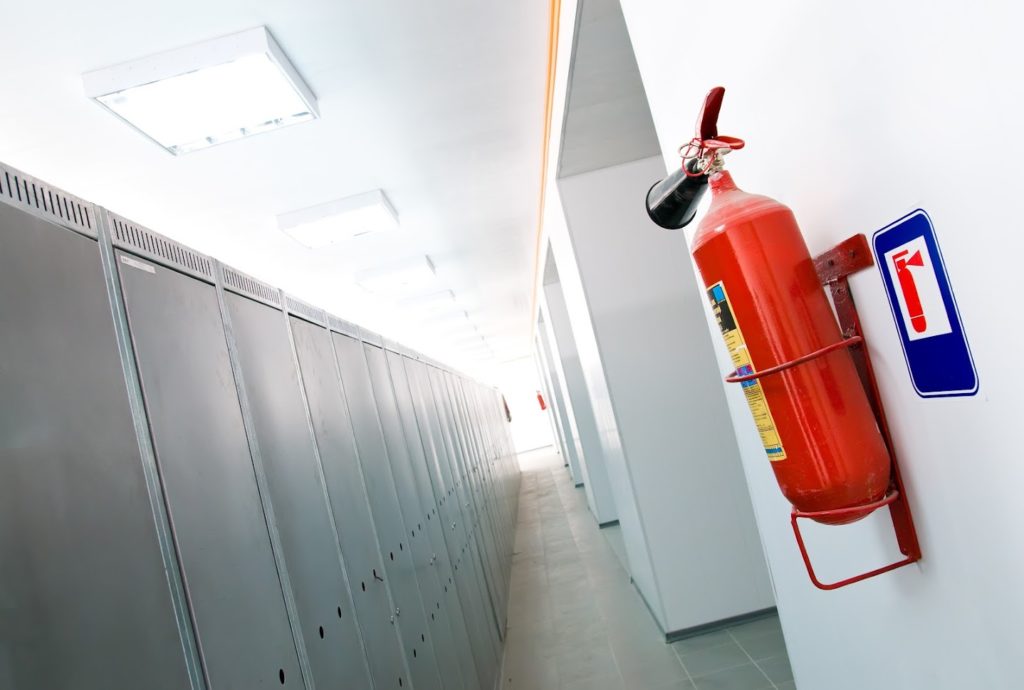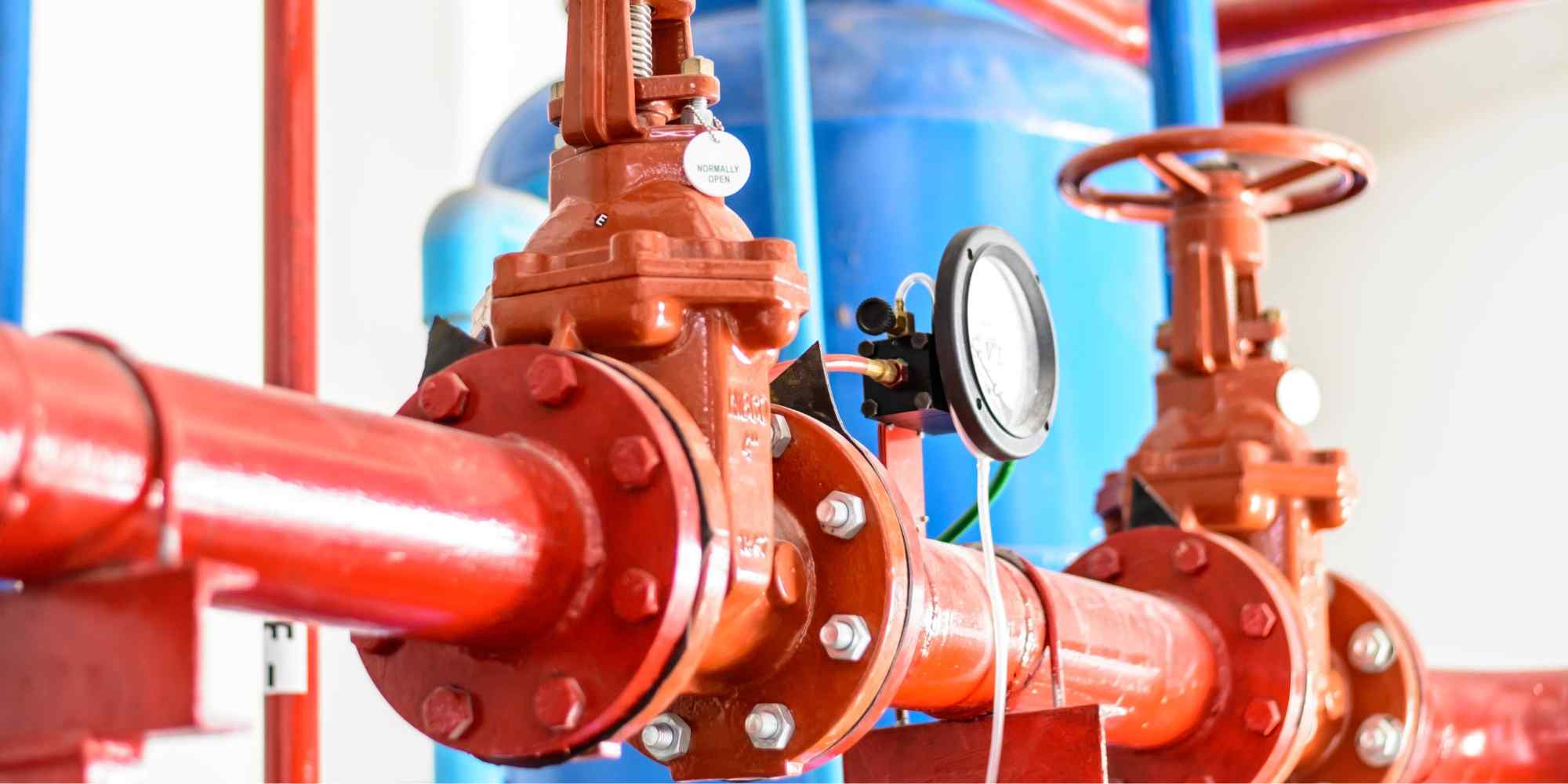A reliable fire protection system is a necessary part of your building that assures your workers or residents of their safety.
Stay up to local code with Zari Consulting
Your building needs to have the proper mechanisms on standby in case of a fire emergency. If your protection system isn’t in line with the local fire code, you may have to pay hefty fines as per your local state laws.
While some regulations are straightforward, others can be hard to follow at all times. Luckily, frequent fire system inspections can help address any guidelines you might have missed. Learn more about the most common fire code violations that might put your business at risk.
1. Blocked Exits
All fire exit doors, stairways, and pathways should remain unblocked at all times. Clear pathways and exits allow for a smoother evacuation when people need to vacate the premises in a hurry. If anything blocks these areas, people’s lives could be in grave danger in case of a fire emergency.
Sometimes, even a slight delay can be dangerous for people trying to escape. For instance, in some restaurants, there may be tables and chairs along the path of a secondary exit door. Other times, there could be a forklift in front of an exit door (accessible to both workers and customers) for unloading new stock.
Although you may not always think so, these scenarios are a major violation of local fire codes. Any obstacles that may slow down evacuation efforts are a huge liability for your business. As such, your fire protection measures may not be sufficient enough to pass inspection.
In addition, exits must be easily accessible to all occupants in your building. There should be no special permissions or keys required to freely access the exits for anyone who needs to safely leave the building. The fire exit doors should also be self-closing since local codes require that they stay closed unless someone needs to leave the building quickly during a fire emergency.
2. Bad Smoke Detectors
Most big buildings have massive air handling systems that help with proper air conditioning and ventilation. These air handling units draw in air from outside before they recondition it to ensure a clean supply of fresh air.
Because of the large volume of air in circulation, dust and debris inside the air can collect on your building’s smoke detectors. Unfortunately, these contaminants may prevent smoke detectors from working properly.
Sometimes, you might not always remember to check on the condition of these safety devices. But you need to replace them regularly to ensure a functional fire protection system. You can schedule regular inspections to ensure that your building’s ductwork is free of debris. The smoke detectors can also be tested during inspection to make sure they’re always in good condition.
3. Faulty Fire Extinguishers
If you have a large warehouse or retail shop, you might be unable to monitor all the fire extinguishers inside your premises. But a damaged or missing fire extinguisher is a serious fire code violation for any establishment.
In addition, you might be in violation of the local fire code if you take too long before you have your fire extinguishers tested. Check your fire extinguisher for an inspection tag that can tell you when your unit was last inspected or recharged.
Remember to keep up with monthly inspections to ensure that your fire extinguishers remain in good condition and up to date with local fire codes.
If you can stay clear of these violations, you can avoid the hefty fines and losses they may attract. Contact Zari Consulting Group if you need an in-depth inspection of your premises to help you stay up to date.

A red fire-extinguisher hangs on a white wall in an apartment



